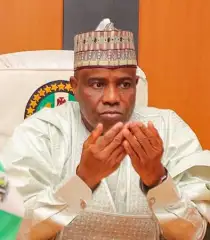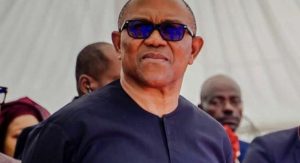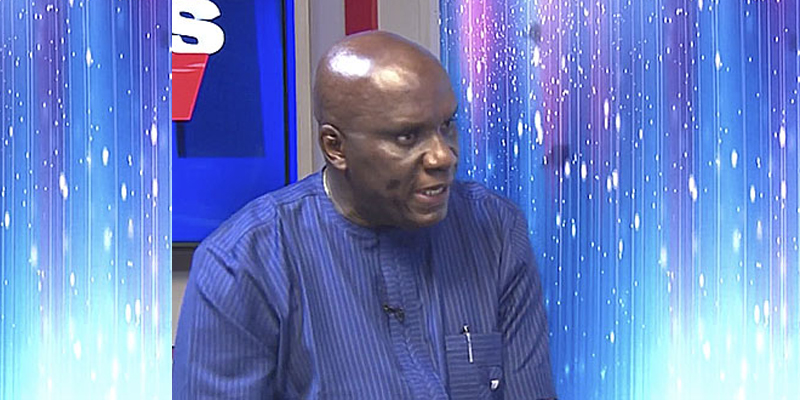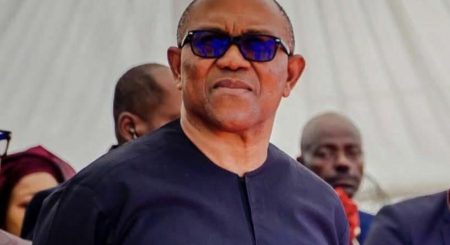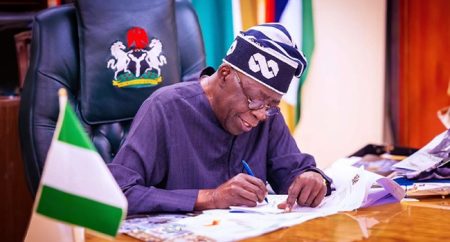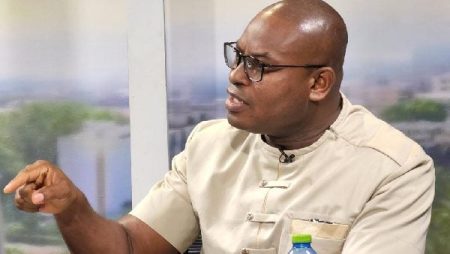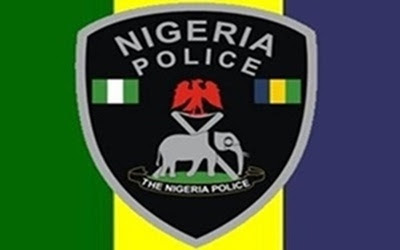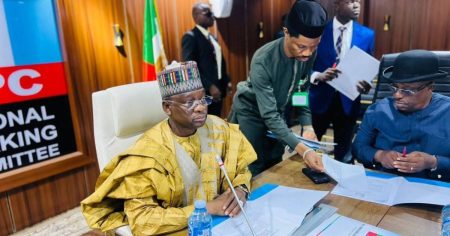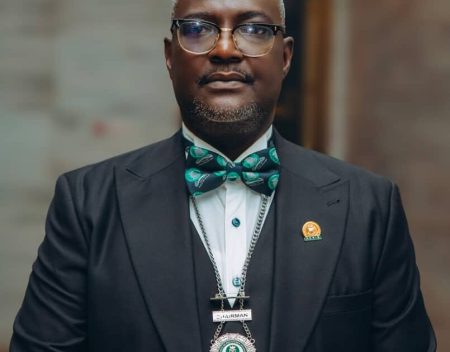The resignation of Abdullahi Ganduje as national chairman of the All Progressives Congress (APC) has spurred a flurry of activity within the ruling party, focused on selecting a successor and navigating the resulting internal political dynamics. While no firm date has been set, the APC has confirmed that consultations are underway among key stakeholders to convene an emergency National Executive Committee (NEC) meeting, the body empowered to choose Ganduje’s replacement. This meeting, described as “imminent” by party spokesperson Felix Morka, will initiate the formal process of filling the vacancy left by Ganduje’s departure, which he attributed to health concerns. The party insists it is not operating under pressure and will adhere to its established procedures. The impending NEC meeting is expected to be a pivotal event, drawing the attention of major political figures within the APC.
The selection of a new national chairman comes at a delicate moment for the APC, marked by internal tensions and jockeying for influence. Ganduje’s resignation, though ostensibly for health reasons, occurs against a backdrop of political maneuvering within the party. While the APC spokesperson emphasized the party’s resilience and ability to navigate leadership transitions, the choice of a new chairman carries significant weight. It could reshape power balances within the party and influence its trajectory as it confronts the challenges of governing and preparing for future elections. The upcoming NEC meeting is not only tasked with selecting a new leader but also with managing internal dynamics and projecting an image of unity and stability.
The process of selecting a new chairman involves several steps, including the crucial consultation phase currently underway. Morka highlighted the importance of these discussions among key party figures, emphasizing the need for consensus before a date for the NEC meeting is announced. This consultative approach underscores the party’s effort to ensure broad buy-in for the eventual choice of chairman and to mitigate potential friction arising from competing interests within the APC. The discussions will likely revolve around not only potential candidates but also the broader strategic direction of the party and how the new chairman can best serve its goals.
Speculation about potential successors and the influence of external factors on the selection process has already begun to circulate. Rumors of former Kano State Governor Rabiu Kwankwaso defecting from the New Nigeria People’s Party (NNPP) to the APC, along with his supporters, have been dismissed by Morka as mere speculation. Similarly, suggestions that President Bola Tinubu played a role in Ganduje’s resignation were refuted. Morka characterized these claims as unfounded speculation, emphasizing that the President has made no such statements and highlighting the APC’s commitment to addressing internal matters through its established procedures. These denials, however, are unlikely to quell entirely the rumors and speculation that often accompany leadership transitions within large political parties.
The question of zoning, the practice of reserving leadership positions for specific regions, has also emerged as a factor in the selection process. While Morka acknowledged the aspirations of various regions, including the North Central, to secure the chairmanship, he stressed that the final decision rests with the NEC. He underscored the importance of considering all viewpoints during the NEC meeting and portrayed the selection process as one driven by negotiation and consensus rather than predetermined directives. This emphasis on inclusivity and negotiation may reflect an attempt to manage the complex regional and factional interests within the party and ensure a smooth transition of power.
The upcoming NEC meeting, expected to be presided over by President Tinubu and attended by a host of prominent APC figures, promises to be a decisive event for the party. The meeting will bring together a diverse group of stakeholders, including former and current governors, legislative leaders, and party officials, to address the critical task of selecting a new national chairman. The presence of such influential figures highlights the significance of the decision and the importance of achieving a unified outcome. The meeting will not only determine the next leader of the APC but also offer insights into the party’s internal dynamics and its strategic direction as it navigates the political landscape.


